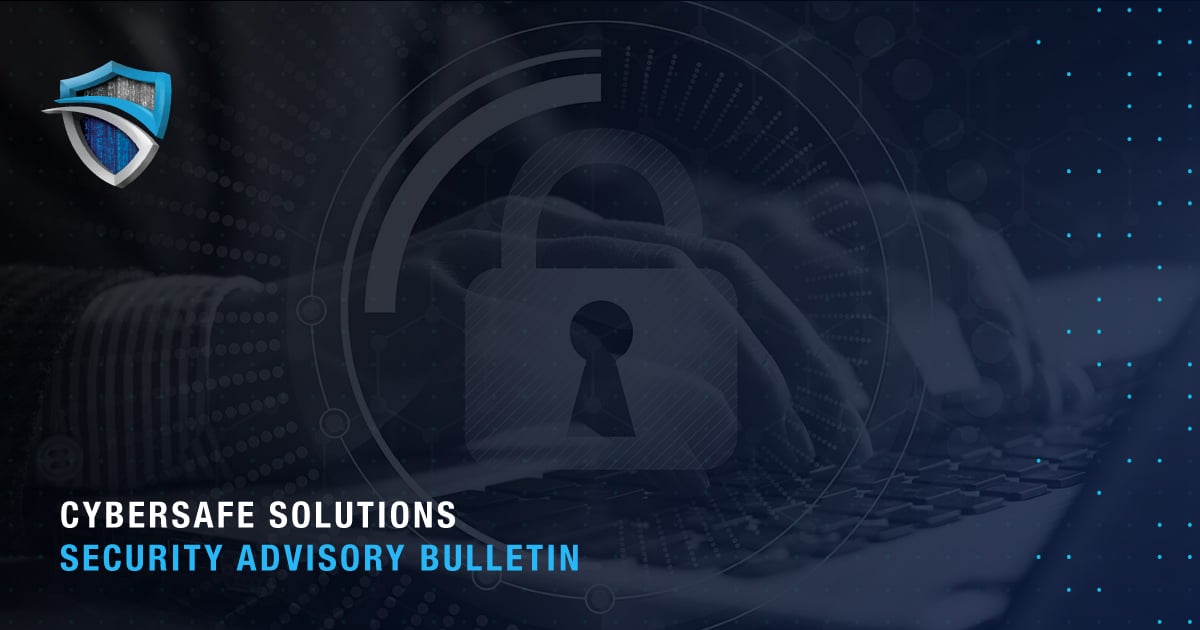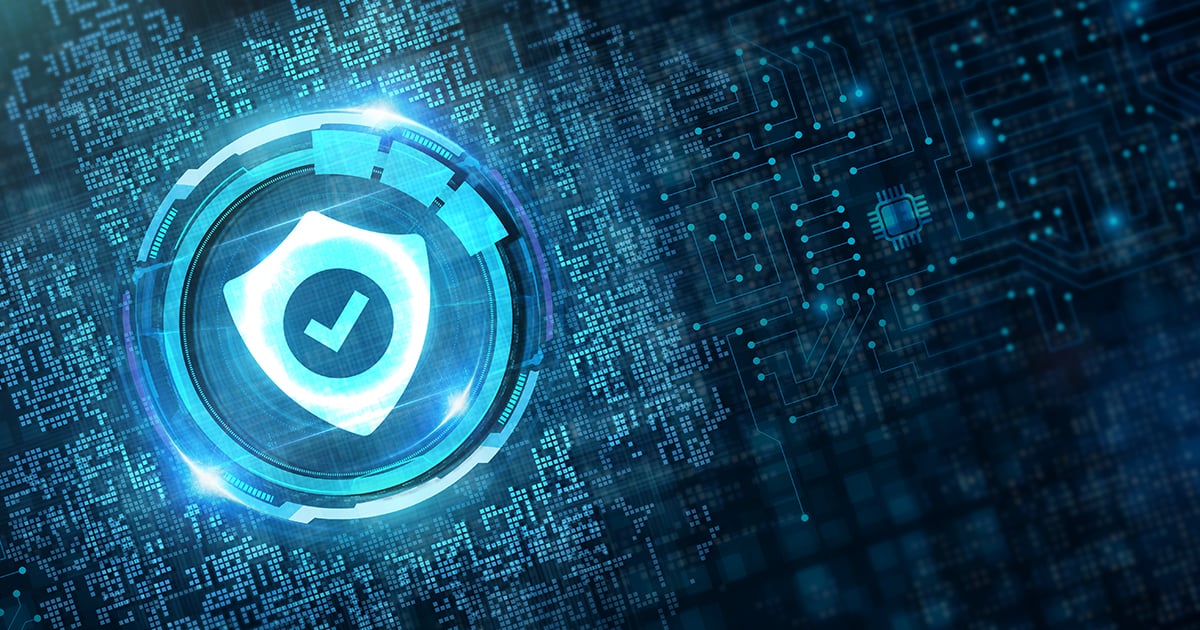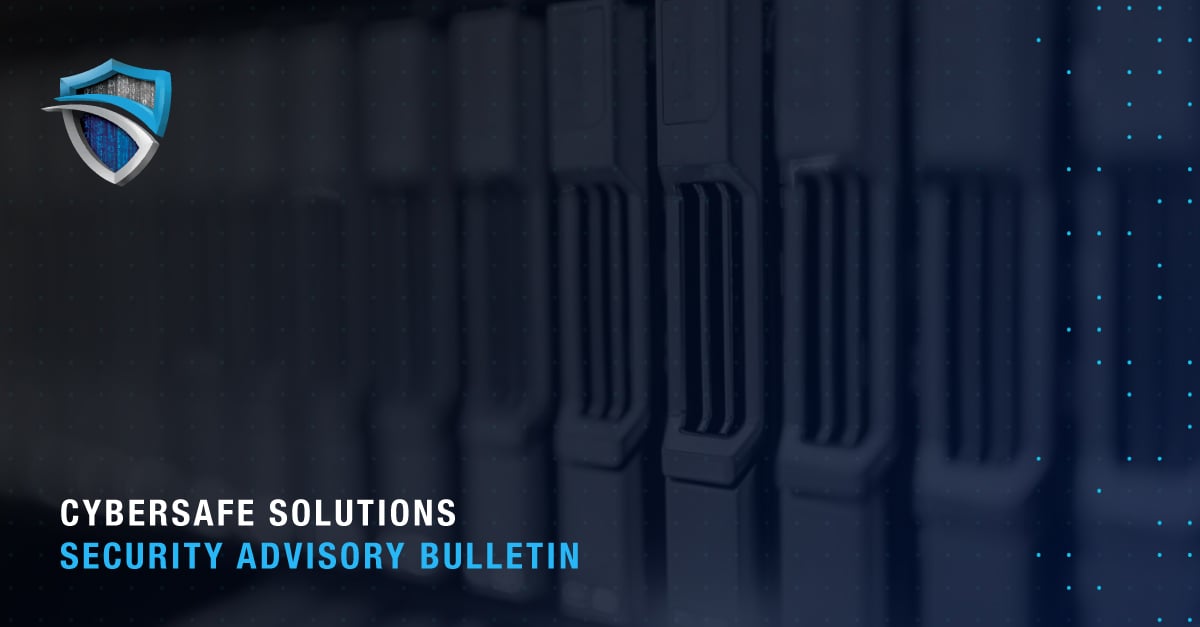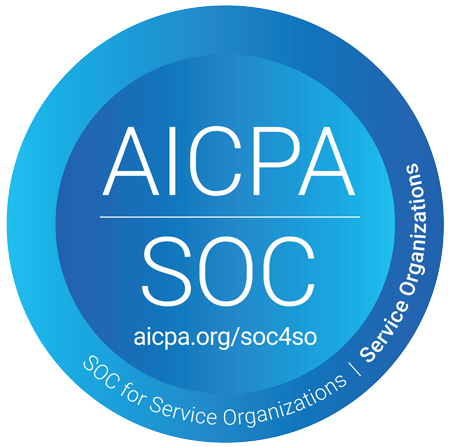Compliance programs establish frameworks for appropriate cybersecurity measures. While precise guidelines vary, all compliance requirements are designed to protect a system through designated standards. Controls may be enacted by the government, an industry group, or another organization. Regulatory compliance requires that organizations meet these standards. In some instances, hefty fines may be levied should an organization fail to do so. However, other forms of compliance are voluntary, to affirm a company’s robust posture.
Regardless of whether your industry is subject to compliance requirements, reviewing and meeting such standards can enhance your defenses. We’ll highlight some of the most common frameworks business leaders should know.
HIPAA
The Health Insurance Portability and Accountability Act (HIPAA) implements patient health information (PHI) data protection standards for organizations in the healthcare sector. In addition to establishing a Privacy Rule, HIPAA includes a Security Rule that mandates cybersecurity safeguards for covered entities.
CMMC
Launched in 2020, the Cybersecurity Maturity Model Certification (CMMC) uses a five-level model to map the maturity of a company’s cybersecurity posture and ensure controlled unclassified information (CUI) is properly protected. Beginning in 2025, certification will be required for any business that works with the U.S. Department of Defense (DOD).
NIST Cybersecurity Framework
The National Institute of Standards and Technology (NIST) Cybersecurity Framework provides voluntary guidance to help any organization, regardless of its sector, reduce cybersecurity risk and enhance communication about cybersecurity risk management.
ISO 27001
International Organization for Standardization (ISO) 27001 is an international standard that sets guidelines pertaining to the establishment, implementation, operation, monitoring, review, maintenance, and improvement of an information security management system (ISMS). Optional certification requires an audit by an accredited certification body.
GDPR
The General Data Protection Regulation (GDPR) pertains to the protection of personal data by organizations that do business in the European Union and European Economic Area. Failing to abide by the standards can result in significant fines.
PCI DSS
The Payment Card Industry Data Security Standard (PCI DSS) is contractually obligated by credit card companies of any business handling cardholder data. It includes both operational and technical cybersecurity guidelines as well as access restriction requirements.
23 NYCRR 5003
The New York Department of Financial Services issued the 23 NYCRR 5003 to regulate how financial institutions handle sensitive information, including setting standards to prevent data breaches, such as establishing access controls, conducting regular penetration testing and risk assessments, and developing incident response plans. Covered entities must comply with these requirements.
SOC 2
System and Organization Controls (SOC) 2 is an auditing program developed by the American Institute of CPAs (AICPA) to assess the security, availability, processing integrity, confidentiality, and privacy of a business when processing user data. SOC 2 certification requires evaluation by a CPA. While certification is voluntary, it indicates compliance with high standards, which may be a selling point for clients.
Prioritize Cybersecurity. Compliance Will Follow.
Many organizations design their cybersecurity program to meet compliance requirements, but that is not usually the best approach. For the highest level of protection, detection, and response, businesses should focus on establishing robust defenses—compliance will follow, accordingly.
Cybersafe Solutions offers a suite of options to help you achieve and maintain compliance. SOL XDR, our most robust continuous monitoring solution, grants a window into your network, cloud, and endpoints for rapid detection of and response to threats. In addition, we provide multi-vector Breach and Attack Simulation for security validation, Threat Hunt to check for evidence of existing compromises, and other services and solutions to improve your security posture and help you meet compliance standards. Ensure your company always maintains compliance.





